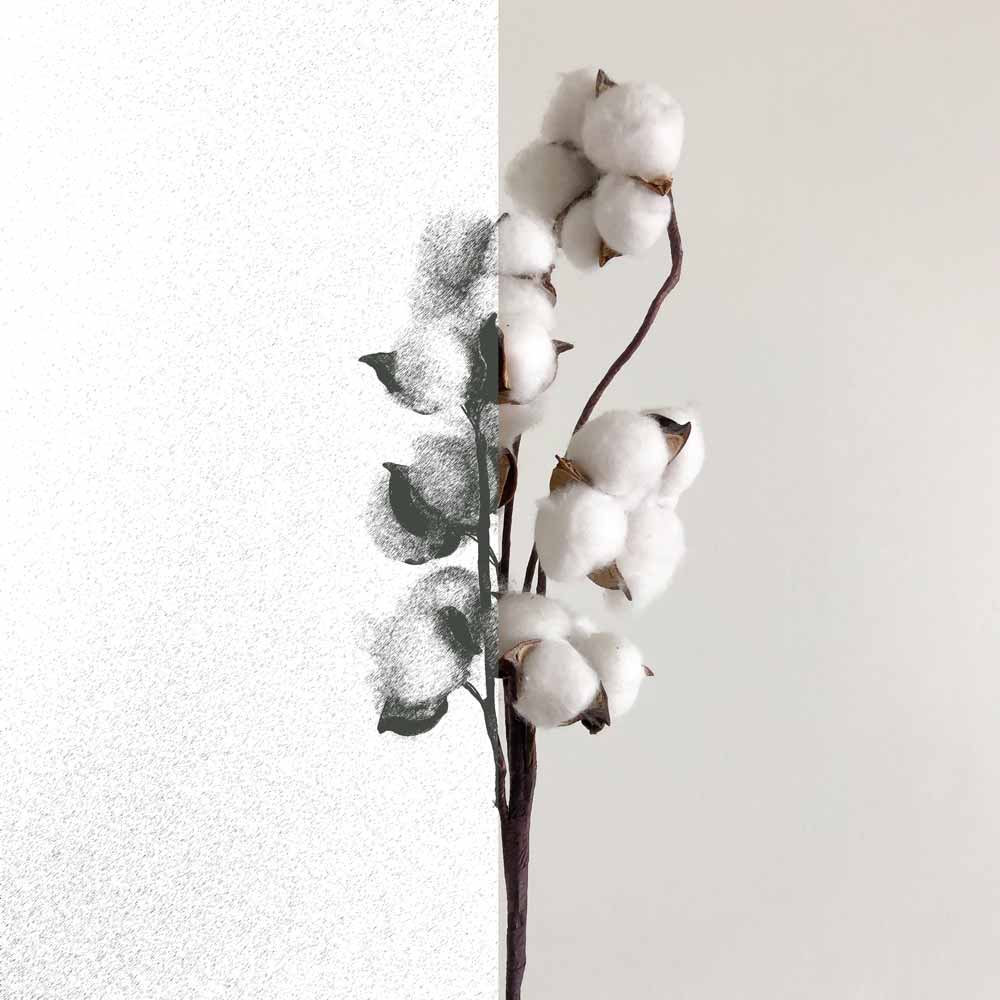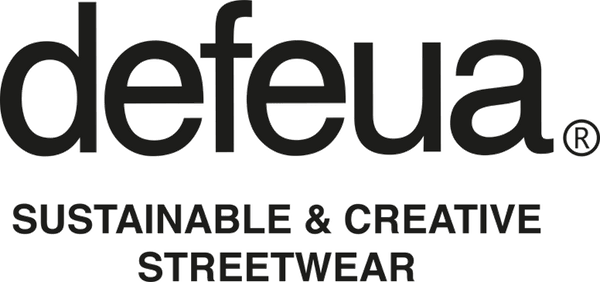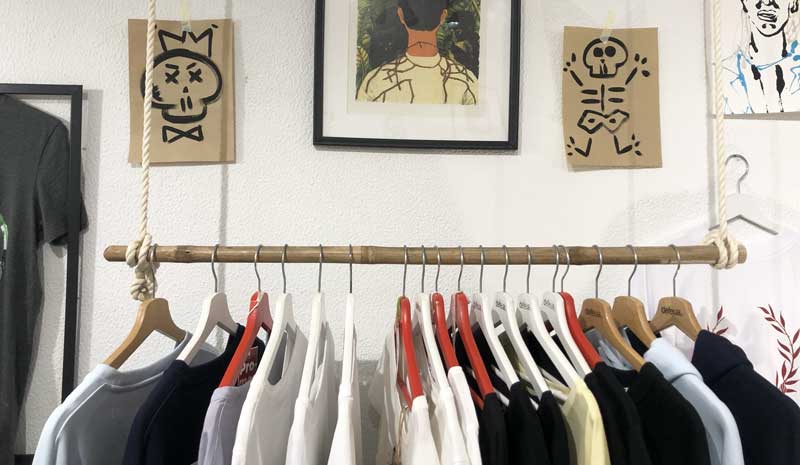
WHAT IS ORGANIC COTTON "IN CONVERSION"?
Luca BensiFor some time now you may have read or heard about organic cotton " in conversion ".
If, like me, you scratched your head the first time wondering what it was, this article could clear up a lot of doubts.
We have already told you about the difference between standard cotton and organic cotton. If you haven't read the article you can read it by clicking HERE :
Now I'll tell you what this "mysterious" news about in conversion is .
WHAT IS THAT?
To put it very simply, organic cotton in conversion concerns all those crops that have switched to an organic system, but are still awaiting certification.
The official certification on organic cotton will be obtained after approximately 3 years , during which cultivation and production are subjected to several annual checks to verify that all the rules for the cultivation of organic cotton are respected.
I'll list the main ones here:
- the soil must be reclaimed from all chemical substances (for that reason the 1st year of conversion" the cotton harvested is still considered standard and cannot be sold as "organic in conversion");
- GMOs must not be used;
- the use of water must be optimised, avoiding waste and pollution;
- production must be ethical, respecting the health, rights and wages of workers and the surrounding area.

TO TRUST OR NOT?
“Who guarantees me the effective transition to organic cultivation?
If this question crossed your mind, know that it happened to me too.
Trusting those who are changing is always a difficult but necessary step to sustain a change.
The companies that have decided to take this important step have made a courageous choice, putting themselves on the line, risking a lot and facing much higher costs than in the past.
The presence of GOTS certification, the most reliable body when it comes to textile certifications, can be an additional tool to ensure that the conversion is checked following all the criteria.
ARE THERE ANY “ CONS ”?
I'll also point out a couple of cons : anticipating that they concern companies more than the end customer:
- the times for certification are long and not easy to sustain;
- companies that have made this choice of conversion will initially have higher production costs which could reflect on the economic stability of the company, not being able to sell the fiber at the prices of certified organic cotton;
The attention of the end customer, as always, must be directed to the history of the brand and the transparency of its production.
As we always recommend, every purchase should always be made with awareness, perhaps supporting those who work to make fashion a more sustainable sector.

